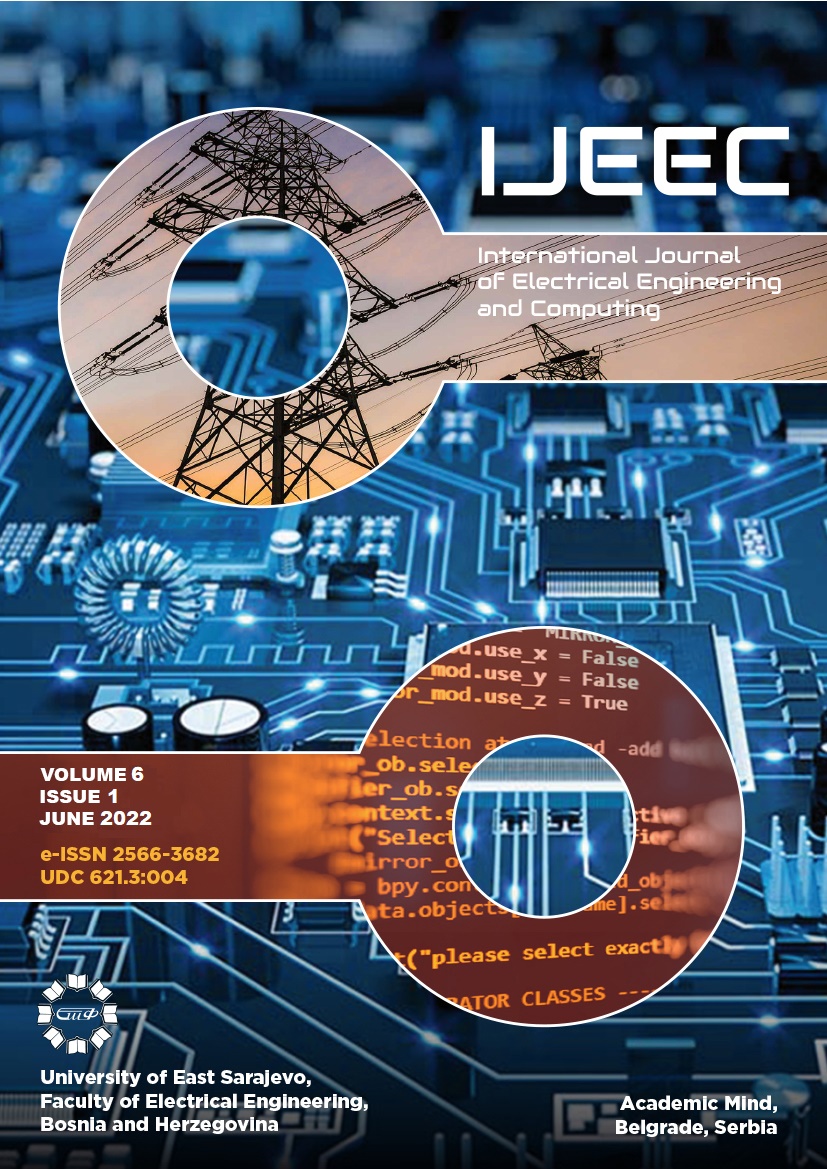An overview of propagation models based on deep learning techniques
DOI:
https://doi.org/10.7251/IJEEC2206018MAbstract
In this paper, a literature overview of propagation models based on the application of deep learning is presented. Given the shortcomings of traditional empirical and deterministic models, papers dealing with the formation of propagation models are increasingly turning to modern solutions such as deep learning. This paper discusses the classification of propagation models based on deep learning techniques based on their ability to make predictions independently or in combination with a traditional model. Different architectures of deep learning models that are most commonly used in the creation of propagation models are analyzed, such as deep feedforward neural networks, convolutional neural networks and generative adversarial networks. The basic differences arising from different deep learning models and types of input data are analyzed, as well as their impact on the need for expert knowledge in the selection of data that appear as elements in the vector representing input.

